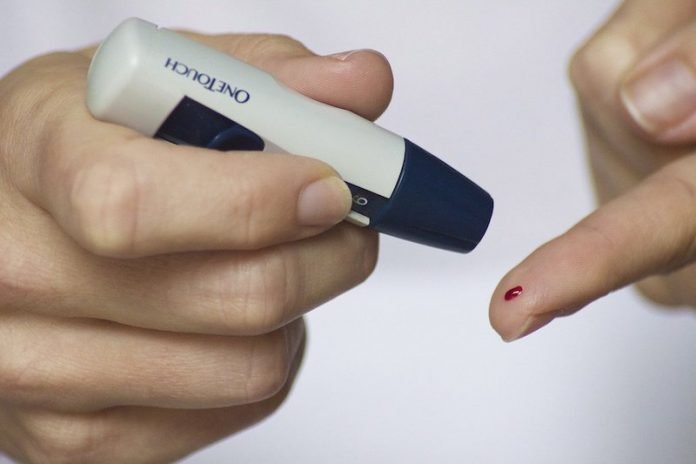
In a new study from Scripps Research, researchers found a new strategy that might one day be used to prevent or treat type 2 diabetes.
They tested an experimental compound called IXA4 and showed that the compound could help protect against harmful, obesity-driven metabolic changes that would normally lead to diabetes.
Type 2 diabetes remains a major public health problem: About 30 million people are estimated to have it in the U.S. alone.
Driven largely by excessive weight and obesity, it features the loss of normal blood sugar regulation and brings a multitude of health issues including higher risks of heart disease, stroke, kidney disease, nerve damage, retinal degeneration, and some cancers.
For several years, the team has been studying a signaling pathway involving two proteins called IRE1 and XBP1s.
Prior studies suggest that the activity of this pathway, at least in the short-term, can protect liver and fat cells from stresses caused by obesity—stresses that can harm these cells in ways that promote diabetes.
In the new study, the researchers showed that a compound they identified a few years ago, IXA4, activates IRE1/XBP1s for just a few hours at a time.
The team used IXA4 to treat mice that were obese from a high-fat, high-calorie diet.
After just eight weeks, the treated mice had improved glucose metabolism and insulin activity, less fat buildup and inflammation in the liver, and no loss of insulin-producing cells in the pancreas, compared to untreated obese mice.
IXA4 can reach only a limited set of tissues including the liver and pancreas, and so the team is now developing other compounds that can get into a broader set of cells including fat cells.
They are also continuing to work with IXA4 as a potential treatment for other metabolic disorders such as fatty liver disease.
If you care about diabetes, please read studies about what you need to know about diabetes drug metformin, and how to protect your kidneys from diabetes.
For more information about health, please see recent studies about why pomegranate is super fruit for people with diabetes, and results showing that one avocado a day keeps diabetes at bay.
The study is published in Nature Communications and was conducted by Luke Wiseman et al.
Copyright © 2022 Knowridge Science Report. All rights reserved.




